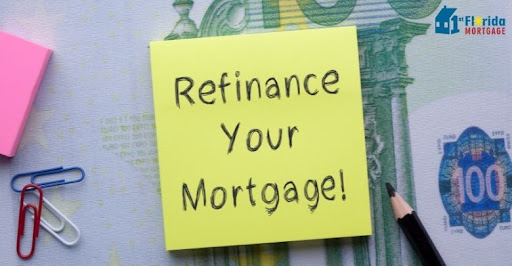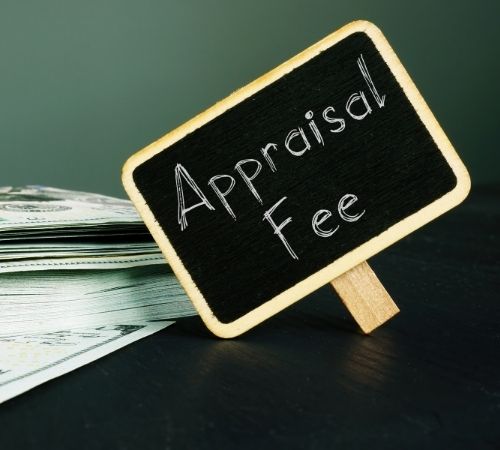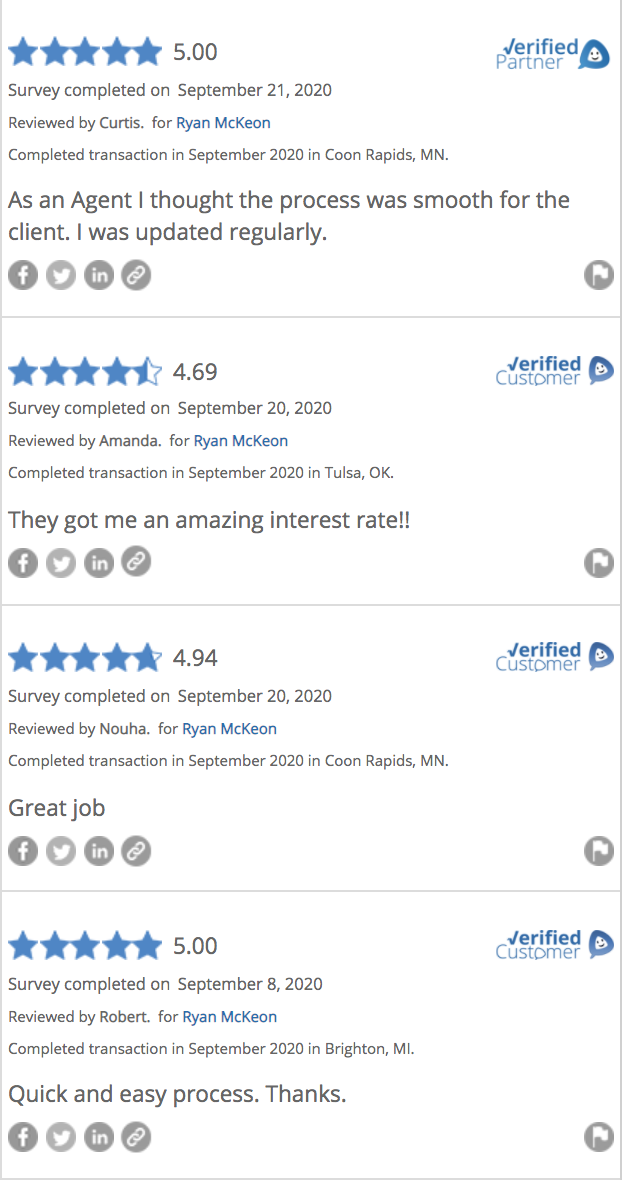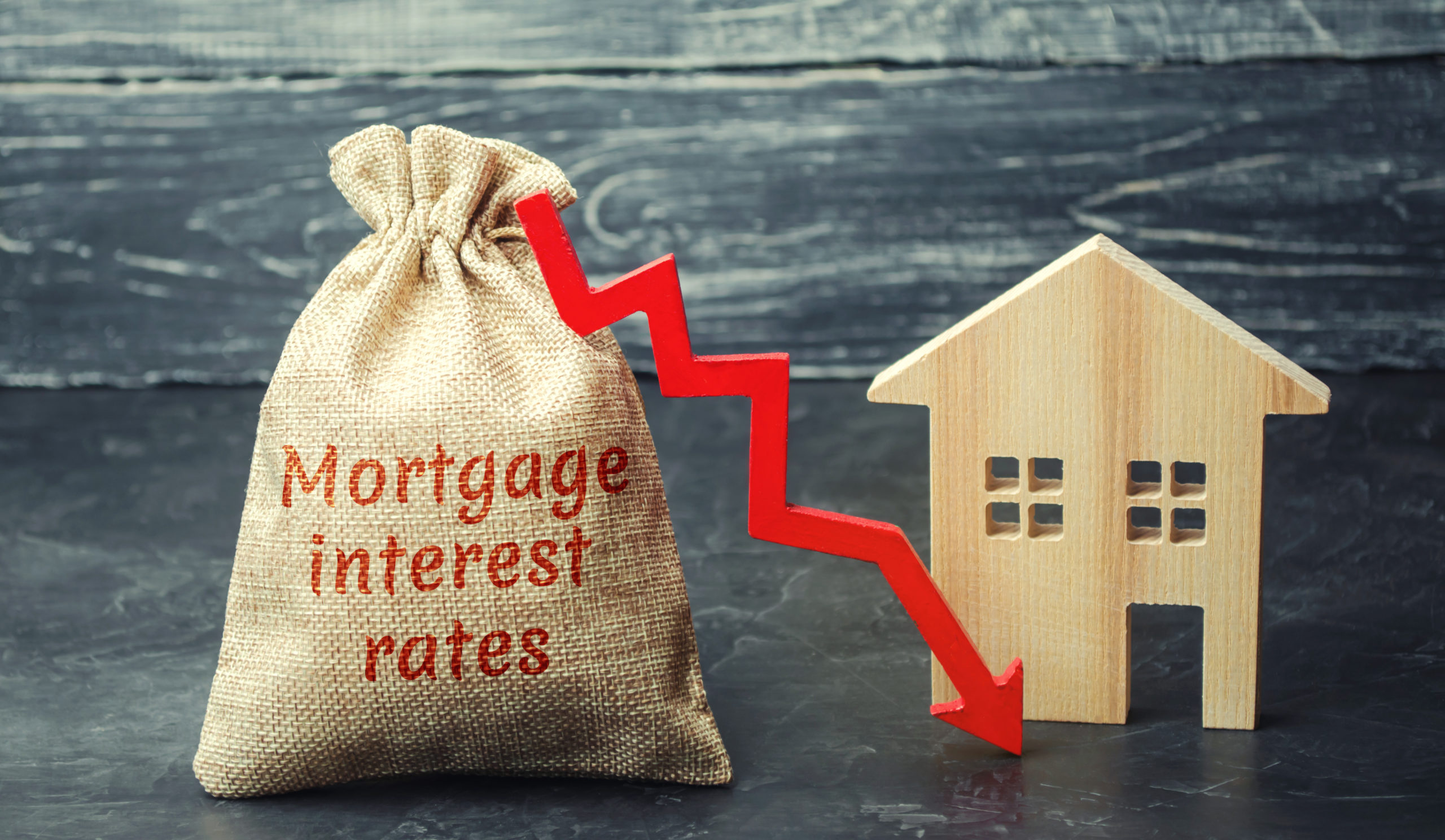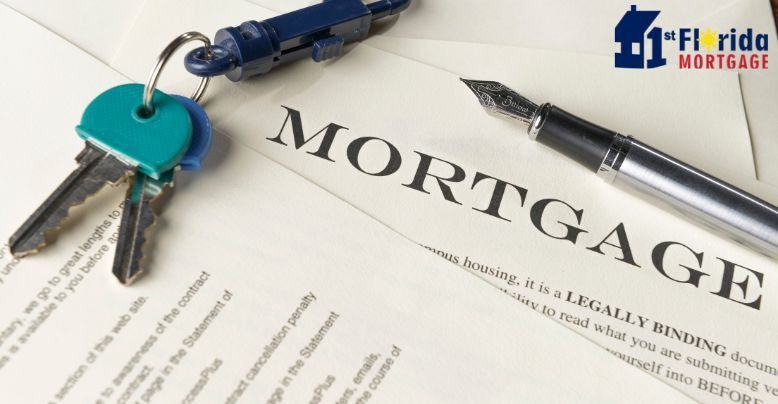Refinancing your mortgage can help you take advantage of lower interest rates, shorten your loan term or convert a variable rate to a fixed rate. However, considering the fees involved in refinancing can help you decide whether or not refinancing your mortgage is worth it for you.
Costs to Refinance Your Mortgage
Several costs are associated with refinancing a mortgage approved by a Florida mortgage company. Your closing disclosure outlines all fees that you need to pay.
Fees that you may have to pay for refinancing your mortgage include:
Application Fees
Application fees are usually $100 or more and serve as an administrative fee for processing the loan application. If you’re refinancing with the same lender on a rate/term refinance, this is sometimes waived. Lenders also sometimes waive fees for customers who meet specific criteria like a checking account with the lender or online loan submission.
The Fee to Secure Rate Lock
Most lenders charge between $50 and $150 to secure a rate, but this fee is often waived if the interest rates fall during the time you’re locked in. Unfortunately, most lenders won’t allow you to cancel the lock without paying a fee, which is often equal to one month of interest.
Credit Report
You’ll have to pay for your credit report if you’ve applied for mortgage financing with more than one lender. Most Florida mortgage lenders charge between $30 and $60 for this service. In addition, the lender will usually require several credit reports because they check your credit scores as part of the loan application process.
Underwriting Fee
Lenders charge a fee for underwriting your loan, which is usually about $250 or 1 percent of the total loan amount. However, if you have a 30-year fixed-rate mortgage and lock in a rate within 60 days of your application, this fee may be waived.
Settlement Fee
At closing, you will need to pay the settlement fees that cover the cost of processing your loan and transferring the deed to your new property’s title. Settlement costs range from $200-$800 or more depending on where you live and the amount of equity in your home. If you’ve added any optional services to your loan, you’ll also need to pay these fees.
Appraisal Fees
An appraisal fee, which is usually $300 or less, can be charged by the lender or a third party to estimate the value of your home. Lenders want a second opinion on this crucial piece of information since they need to know how much equity you have in your property before extending financing. You may also pay an additional markup fee of $100 or more in some cases.
Title Search
When you apply for a mortgage refinance in Florida, the lender will order a title search to ensure that nobody else has a legal claim to your property. You’ll also need this report if you’re refinancing with the same company and want to release another party from liability on your current mortgage. Title search fees usually cost less than $100.
Lender’s Title Insurance
In most cases, lenders require a title insurance policy. It would protect the lender against loss if undisclosed liens or legal judgments during the previous 12 months could have affected your property’s title. Lenders charge an average of $300 to obtain a lender’s policy.
Attorney Fee
The lender may hire an attorney to review your refinance papers for any legal issues that could affect the terms of your loan. If this is requested, the fee is usually $200 or less.
Generally, you can expect to pay 2 percent of the total loan amount in closing costs for refinancing. However, Florida mortgage lending can help you crunch the figure by recommending mortgage refinance loans with lower closing costs. If it makes sense financially, you can also cut your refinancing costs by choosing a 15-year or 20-year term for your refinance loan.
Some lenders allow you to roll in some or all fees into the loan amount so that borrowers don’t have to pay them out-of-pocket at the closing table. Working with your trusted 1st Florida refinance mortgage company can help you get the most out of your refinancing so that you can pay less in closing fees.
How to Lower the Cost of Refinancing Your Mortgage?
There are many ways to lower your refinancing mortgage rates in Florida.Our Florida mortgage lending company will let you know the best option based on your circumstances.
Boost your Credit
You can lower the interest rate that you are quoted on refinancing by first making sure your credit is in good standing. If you have some late payments on your report, it will be hard for any Florida mortgage lender to approve you for a refinance loan. Make sure your credit score is above 720, and then check with lenders to see what kind of interest rate you can get.
Compare Quotes
Many lenders in the Florida refinance marketplace will compete for your business. You can ask about their rates and terms by providing them with a quote request online, over the phone, or even in person at their office. Lenders will also give you different options if you have equity in your home when refinancing. Compare quotes to find out which lender will provide you with the best deal on refinancing.
Negotiate an Adjustable Rate
While fixed-rate mortgages are the standard in Florida, some lenders will offer you an adjustable or variable interest rate. You can then use this lower rate to negotiate with your current lender to get a better deal when refinancing. Many borrowers might be able to save hundreds of dollars per month when they choose an ARM, and they can use this savings to negotiate a better deal on their refinancing.
Ask for Fee Waivers
You should never hesitate to ask for a waiver on refinancing closing fees. Generally, Mortgage lenders can take care of this for you if you work with them during the refinancing process. You may also be able to get your current lender to waive some or all fees when refinancing, but they are usually unwilling to make any changes unless asked.
Need Mortgage Points
It is possible to lower the interest rate on your Florida home loans by paying for points. One point represents one percent of the total loan amount, and you can pay them up-front or finance them into your monthly payments for the life of your refinance. Decide whether or not it makes sense for you to buy points with your refinance, and then negotiate with your lender about paying for them when you apply for a quote.
It is essential to remember that buying points can reduce your loan’s principal, which means you will owe more money throughout the loan than if you had paid points. It also costs less to pay points upfront than it does to finance them into your monthly payments, so you should compare loan quotes with and without the option to buy points.
No Closing Cost Refinance
It is almost impossible to refinance your mortgage without closing costs, but some lenders will quote a no closing cost loan to make it easier for you to compare their rates with other lenders.
The advantage of paying no closing costs is that you will save money on refinancing fees, but if you look at the downside, you will have to pay more money throughout your loan because you are paying interest on a higher balance.
Be sure to consider all of your options when looking into whether or not you should spend money on closing costs with your refinance before agreeing to a particular quote.
Read here to know about how to choose the best mortgage loans.
Conclusion
You can save hundreds of dollars per month on interest payments by refinancing your Florida Mortgage loan. Ask lenders for quotes on refinancing to compare what they have to offer before applying for a specific refinance deal through a particular lender.
To find the best rates, reach out to 1st Florida Mortgage Company. We are professional Florida mortgage lenders with over 15 years of experience. Our highly experienced and dedicated staff will help to walk you through the entire process of refinancing your home. Contact us today for a free no-obligation consultation to schedule an appointment with one of our knowledgeable Loan Officers.

